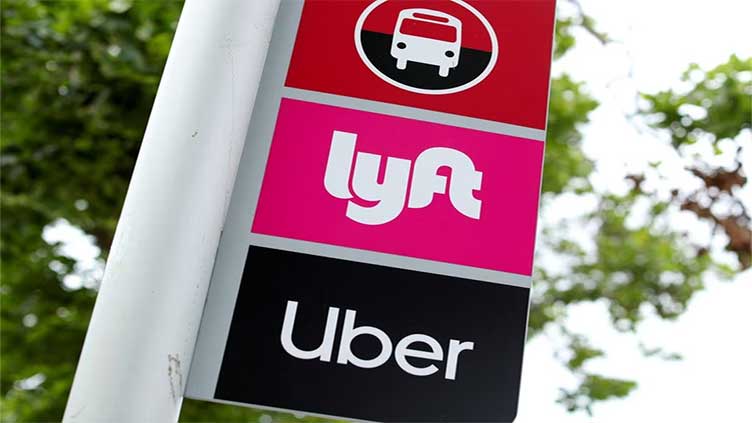Lyft shares skid on fears Uber pulling ahead

Technology
Lyft shares skid on fears Uber pulling ahead
(Reuters) - Lyft Inc (LYFT.O) shares fell 35% on Friday after a bleak forecast fueled worries that the company will have to cut prices and sacrifice profit to avoid being a distant second to rival Uber (UBER.N) in the North American ride-sharing market.
Both companies have been locked in a battle for market share coming off the pandemic lows, with the latest earnings showing Uber’s global presence and more diversified business was giving it an edge over rideshare and U.S.-focused Lyft.
“Uber benefits from having a global rideshare model, and international markets have been quicker to bounce back than the United States,” Bernstein analyst Nikhil Devnani said.
“As the bigger platform Uber is able to offer more volume for drivers, not only within rideshare but also now with (food and grocery) delivery.”
Lyft shares were set for their worst day on record, with 13 analysts lowering their price targets on the stock. The company was set to erase about $2 billion in market value and nearly all of its share price gains this year.
Lyft on Thursday provided first-quarter profit and revenue forecasts that were below market expectations, a stark contrast to Uber’s strong profit projection and better-than-expected earnings.
“This outlook continues the recent trend of Lyft growing slower than the broader rideshare market,” Canaccord Genuity said, adding that improving driver supply will pressure the company’s pricing.
Drivers have returned to ride-sharing companies in recent months as they look for a consistent income stream in a weak economy, allowing Uber and Lyft to cut back on incentives.
Driver supply at Lyft in the fourth quarter was at the highest level since before the pandemic in 2019, while Uber’s driver supply was at a record high.
But the higher supply means that Lyft will see lesser surge pricing in the first quarter, which will hit its revenue.
The company lowered prices in January after Uber dropped its fuel surcharge earlier that month, and analysts said Lyft’s larger presence on the U.S. West Coast was also a drag as many technology companies there have not returned to office.
“Lyft is making the difficult trade-off to lower price in order to help conversion and prevent further share loss to Uber,” brokerage Needham said.
“Despite the constructive commentary on demand, we do not assume volume will be able to offset lower prices.”
Lyft said in November it will lay off 13% of its workforce in a bid to cut costs. Uber has so far avoided such a move.

